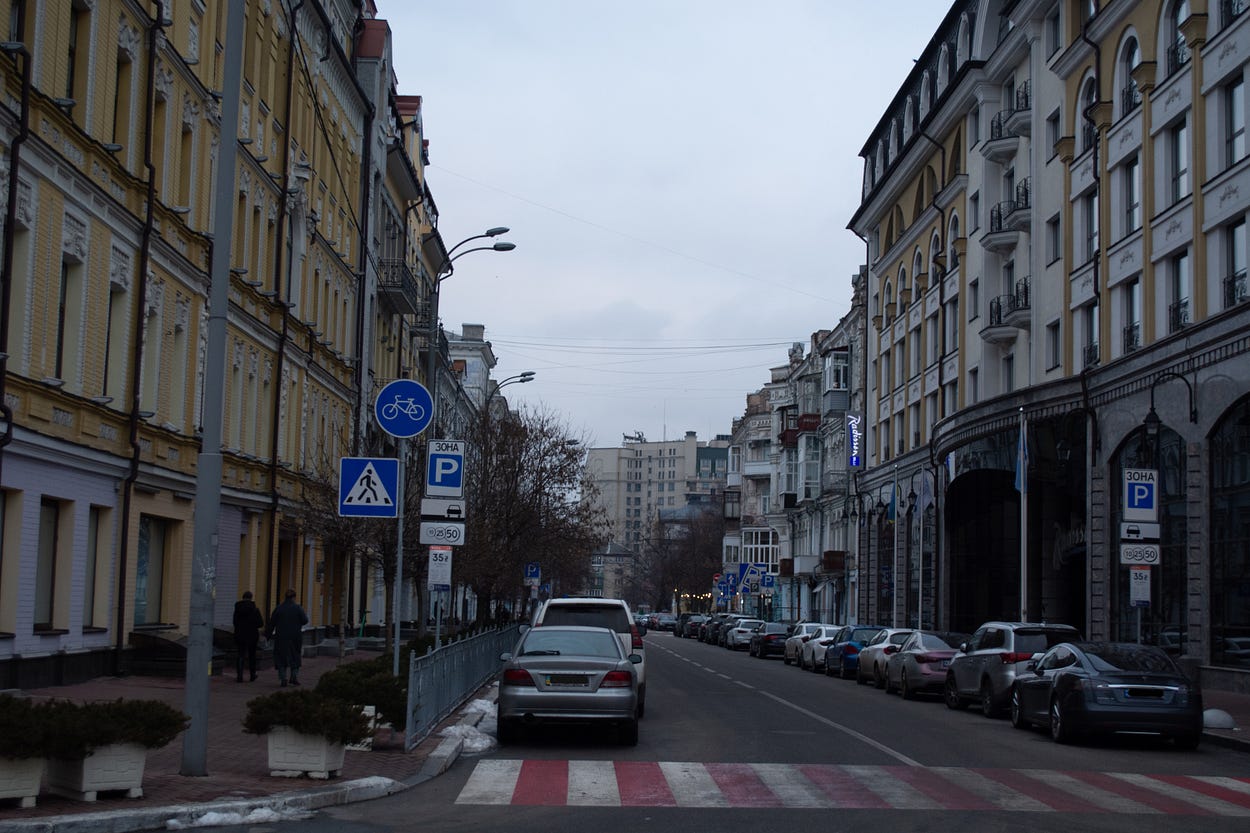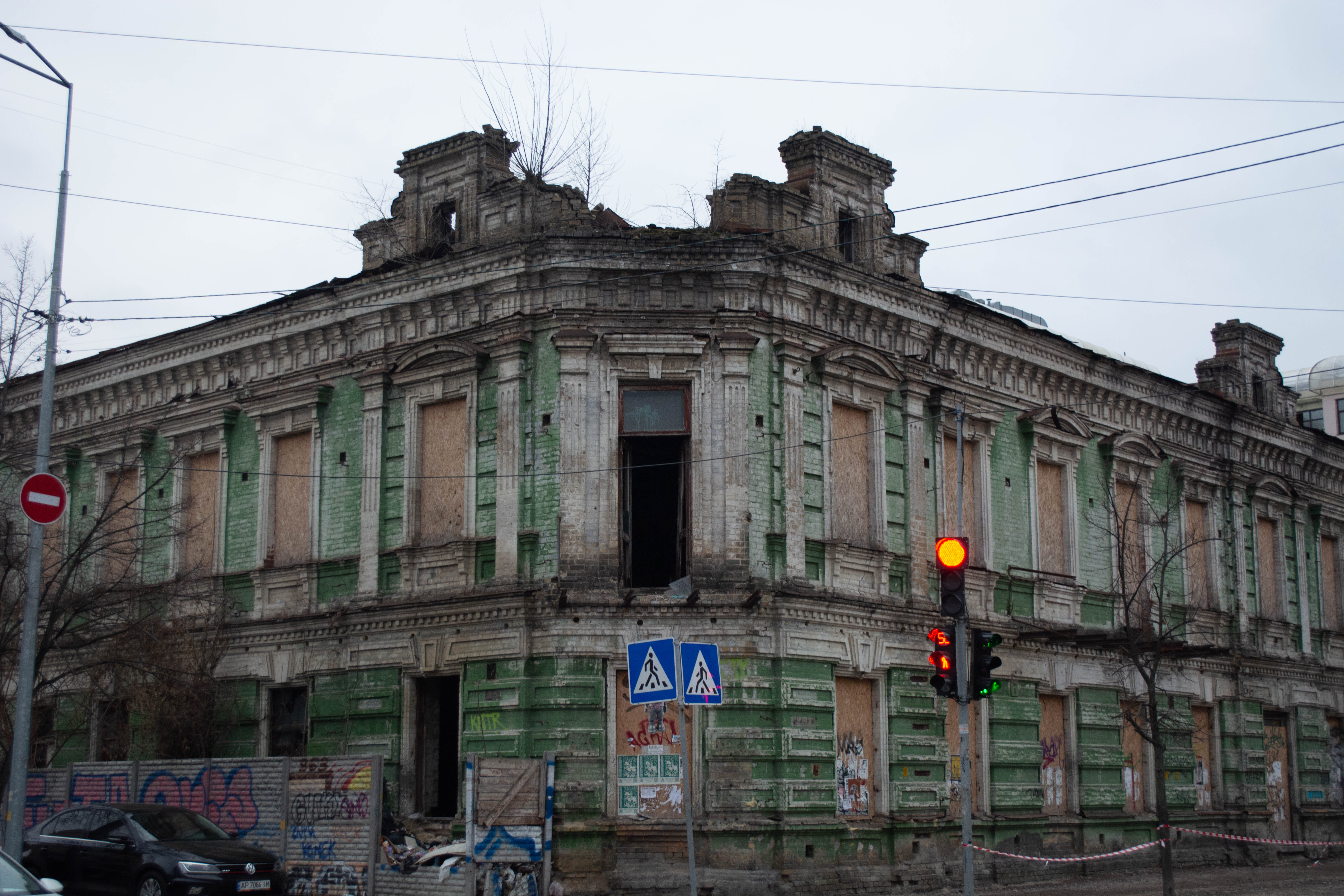Introduction — Between Headlines and Heartbeats
My name is Anton. I’m 17 years old, and I live in Kyiv, Ukraine.
I’m not a soldier, a politician, or a journalist. I’m just someone who’s been growing up in a place where war stopped being a headline and became the backdrop of daily life. The night before it all began, I was chatting with a friend on Telegram about what might happen. We had been hearing rumors for weeks, watching satellite photos and troop movements online like some surreal game we weren’t part of yet. We joked, theorized, tried to sound calm. None of it felt real.
The Morning It Started — When Distant Became Real
Then I woke up at 5 a.m. to the sound of a distant explosion....
Explosion — Kyiv, early morning
When it all began, we didn’t know what to feel. Just a flat message: “The war has started. There will be no lessons today.”
That was the first official sentence of my new life. I remember how strangely quiet the room became — not from shock, but from not knowing what to do next. Some opened Telegram. Some went outside to listen. Others, like me, just stared at their phones.
Some memories aren’t meant to fade.
The First Days — Quiet Chaos and Loud Maps
That day, people rushed to buy buckwheat and canned food. Gas stations overflowed. My mom packed a bag and didn’t say much. We heard planes above our heads — not loud, but sharp, slicing the sky. No one said it, but we were all thinking the same thing: how close is the front line now? Should we run, or hide, or fight?
We started watching maps like weather forecasts. Every red arrow on a news graphic was a new fear. We imagined what we’d do if tanks reached our streets. Some of us fantasized about building Molotovs, others quietly searched for train schedules. It was chaos — quiet chaos. The kind where no one screams, but everything inside is loud.

Kyiv, 2024. Quiet streets. Loud thoughts.
Sensory War — Smells, Sirens, and Screens
After certain explosions, the air changes. It thickens — not just with dust, but with a specific, sickening smell. Like burnt plastic, metal, and something harder to name. It gets into your clothes, your lungs, your memories. Some mornings, even without checking the news, you know something happened — just from breathing.
Air raid sirens are no longer shocking. They’re just background noise. Like an annoying phone notification, or a sudden blackout. At first, they made my heart jump. Now, they just make me pause my music.
There’s a strange rhythm to life during war. You go to school, do your homework, scroll through memes — and then hide in the bathroom because your building doesn’t have a shelter. You plan your weekend, and then spend it under curfew. You start associating silence with danger, because if you don’t hear anything — maybe something already happened.
You learn to time your steps between explosions. You become good at reading the mood of your teachers when the power goes out. You memorize which metro stations are safest, not because someone told you, but because experience taught you. And when you hear fireworks on New Year’s Eve, your instinct is to check the news.
The Video — The Image That Won’t Leave
I once saw a video I wish I could unsee. A woman, trapped in her burning apartment, screaming “Help me” while flames crawled around her. I won’t describe it. I don’t need to. That sound still lives in my mind. I remember just sitting there after watching, frozen, thinking — what am I supposed to do with this? How do you carry something like that and still do your math homework an hour later?
Systems of Silence — Power, Fear, and Injustice
At some point, I stopped asking “when will this end?” and started asking “why does this happen?” It wasn’t about blame. It was about systems — why some fail, and others never even try to work.
I started paying attention to the small injustices. Who gets help and who doesn’t. Who disappears quietly. Who gets to walk away. And why so many don’t. I began to understand that power is not just about weapons — it’s about who writes the rules, and who is forced to obey them.
I noticed how some voices are louder, even when they say less. How fear can shape behavior more than laws ever could. And how corruption is not always about money — sometimes, it’s about silence. Sometimes, it’s about who gets to pretend everything is fine.

Kyiv, 2024. Quiet streets. Loud thoughts.
Final Thought — The Shape of Survival
This isn’t a hero’s story. I’m not here to inspire. I’m here because war didn’t give me a choice.
There is no moral here, no political angle. Just a 17-year-old trying to understand how the world can shift so violently, and still expect you to carry on like nothing happened.
If you ask me what war really does to a person — it doesn’t kill you. It reshapes you. It replaces your innocence with memory. Your plans with instincts. Your silence with sirens.
And some days, it just makes you tired. Not from fear. From remembering. From smells you can’t wash out, and screams you’ll never unhear.
But I’m still here. I laugh sometimes. I listen to music. I make plans I’m not sure will happen. And maybe that’s what surviving really looks like — not just not dying, but refusing to become numb.
